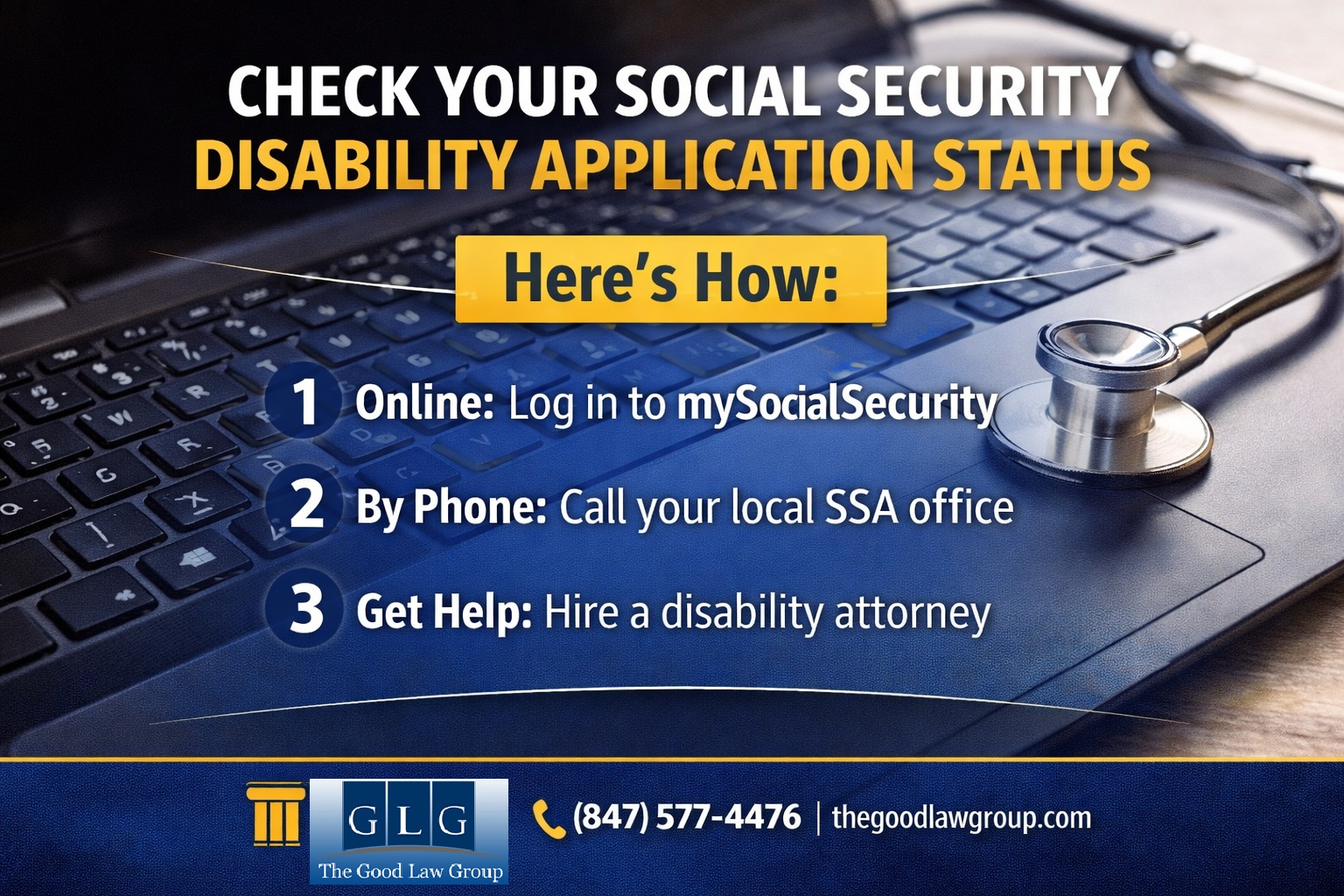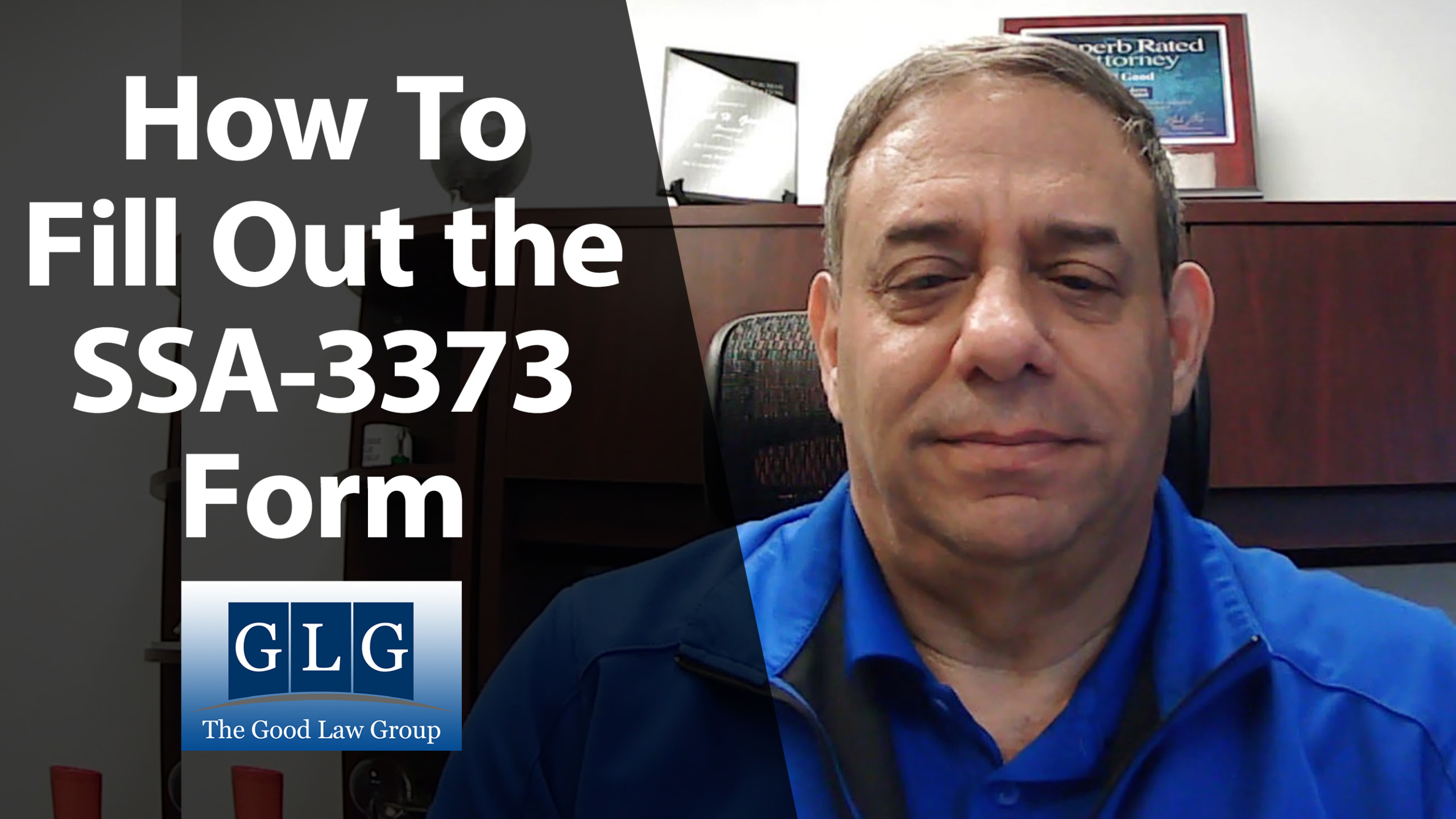Your disability has forced you out of the workplace. Is Supplemental Security Income (SSI) an option for you? This program is for individuals with limited income as well as assets that total less than $2,000. Married couples, meanwhile, can have no more than $3,000 in assets.
Generally speaking, SSI recipients have not paid enough taxes to qualify for Social Security Disability (SSDI) benefits, and they’re still eligible for food stamps and Medicaid. To start receiving SSI benefits, you must have an interview with a claims representative. Of course, any interview can be stressful. Hopefully, though, the following information and tips can help you feel mentally prepared and confident when you go in for your crucial meeting.
The SSI Process
Before your interview, you’ll need to fill out an application. First, go to the Adult Disability Checklist, which is on the website of the Social Security Administration (SSA). That page names all the data points you’ll need going forward. Give yourself a couple weeks or so to collect everything you need. When you’re ready, you can complete a disability benefits application on the SSA site. Once you’ve submitted the application, the SSA will let you know what documents — such as a medical release form — it needs before you can schedule your interview.
You might be able to do a telephone interview, but you’ll most likely have to go to your local Social Security office and sit down with a claims representative. After that meeting, the representative will submit your claim to an examiner for a final decision.
How Do I approach A Phone Hearing For SSI/SSDI Case | Video

Work, Income, Assets
A major topic during your SSI interview will be work. You’ll have to present information about all of the jobs you’ve held in the last 15 years as well as the skills that they each involved. The examiners will think about your employability before arriving at a decision. You may not receive benefits if they believe you could return to your most recent position or secure a different kind of job.
Also, does your spouse work? And do you have sources of income other than a salary? People’s income can include gifts from family members, rent payments, pensions, workers’ compensation payments and various types of government benefits. By the way, if you do receive government benefits right now, bring records of them if you can.
If you’re asked to document your assets, remember that an asset is basically anything of value that you possess. Your list of personal assets could include petty cash, bank savings, retirement savings, pieces of art, antique items, stocks, bonds and other investments.
You’re allowed to exclude from your asset inventory your primary residence and one of your vehicles. But all of your other residences, real estate holdings and vehicles, if any, must be accounted for.
The $2,000 SSI Asset Limit: What REALLY Counts | Video

Medical Questions
Understandably, you’ll need to respond to queries about your physical condition. Which medical tests have you undergone? What medications are you currently taking?
You’ll also be required to give the name of every treating physician you have. A treating physician is a doctor you’ve been seeing for a while, a professional who knows your medical situation well. Ahead of time, consult your electronic medical records. (You can call your doctor’s office if you need help accessing them.) With those records, make a list of every place where you’ve received treatment since you were first disabled. Then, during your interview, have on hand:
- The addresses and telephone numbers of those places.
- The doctors’ full names.
- The dates of your appointments.
Go back as far in time as you can. That way, you can get the most disability back pay possible. What’s more, go in for at least one medical appointment within 90 days of your interview. That’s because some of your medical information must be current.
The investigator handling your case will use all of this information to independently verify your claims.
How to Get Your Medical Records When Applying for Disability Benefits
Why Every SSDI Claim Needs Strong Medical Support | Video
Why Your Medical Source Statement Matters | Disability Law | Video
Other Topics In Your SSI Interview
Your interviewer will ask you about your marital status and divorce history. It’s useful to bring copies of your marriage licenses and divorce certificates.
If you have children who are 18 or younger, you’ll reveal their names and birth dates. And, if you have an adult son or daughter who became disabled before turning 22, you should bring that child’s medical records as well. In either case, your kids may be able to receive SS benefits.
On top of that, if you’re a veteran, be ready to share the military branch you served in, your highest rank and your dates of service. Take a copy of your military discharge certificate, too. Veterans are sometimes eligible for higher disability benefits.
SSI Interview FAQ
1. What happens during your first SSI interview?
During your first SSI interview, a Social Security representative will review your application, ask about your income, assets, living situation, and medical history, and verify your documentation to confirm your eligibility for benefits.
2. What should I bring to my SSI interview?
Bring your ID, proof of income, bank statements, rent or mortgage documents, medical records, insurance cards, and any recent correspondence from the SSA. Having everything ready helps speed up the process.
3. How do I prepare for my SSI interview?
Review your application details, gather required documents, and make sure you understand your financial and medical information. Be honest and consistent in your answers to avoid delays.
4. What questions are asked in an SSI interview?
Expect questions about your income, household members, living arrangements, expenses, and medical condition. The interviewer may also ask when you last worked and how your condition affects your daily activities.
5. What should I not say during an SSI interview?
Avoid giving inconsistent answers, exaggerating symptoms, or withholding information. Always be truthful — the SSA cross-checks your details with federal and financial databases.
6. How long does an SSI interview take?
Most SSI interviews last between one and two hours, depending on how complex your case is and how well-prepared you are.
7. Can someone attend the SSI interview with me?
Yes. You can have a friend, advocate, or legal representative join you to help you understand the process and provide support during the interview.
8. What happens after the SSI interview?
After your interview, the SSA will review your file and verify your information. You’ll receive a letter with your decision or a request for additional documentation within a few weeks.
In the end, most SSI applications are denied. If you believe that your claim was turned down unfairly, however, you can appeal the decision. And having a reputable SSI attorney at your side will greatly bolster your case. It’s a fight worth waging; those benefits can pave the way toward financial security and a happy future.
Contact The Good Law Group for more information about the process of applying for SSI. Our firm offers compassionate service and complimentary case evaluations.









